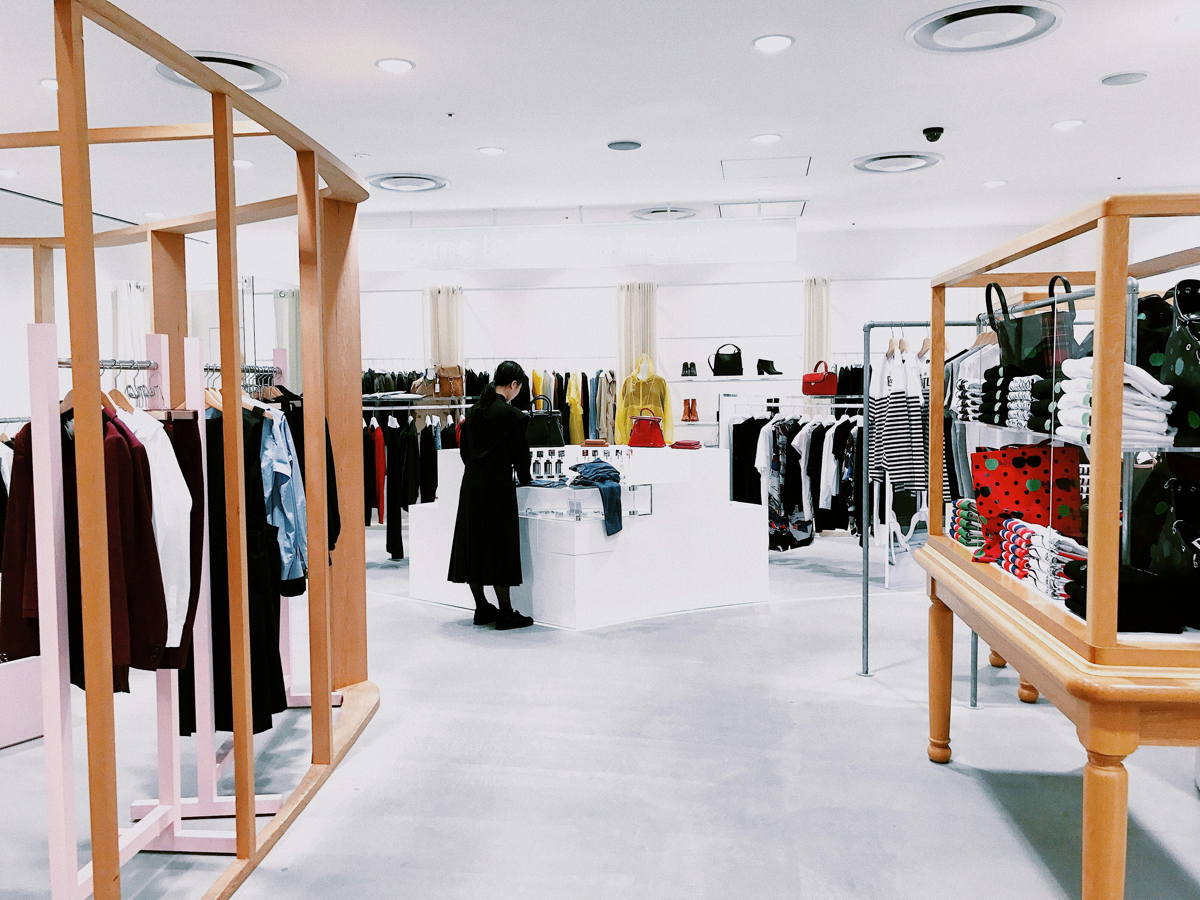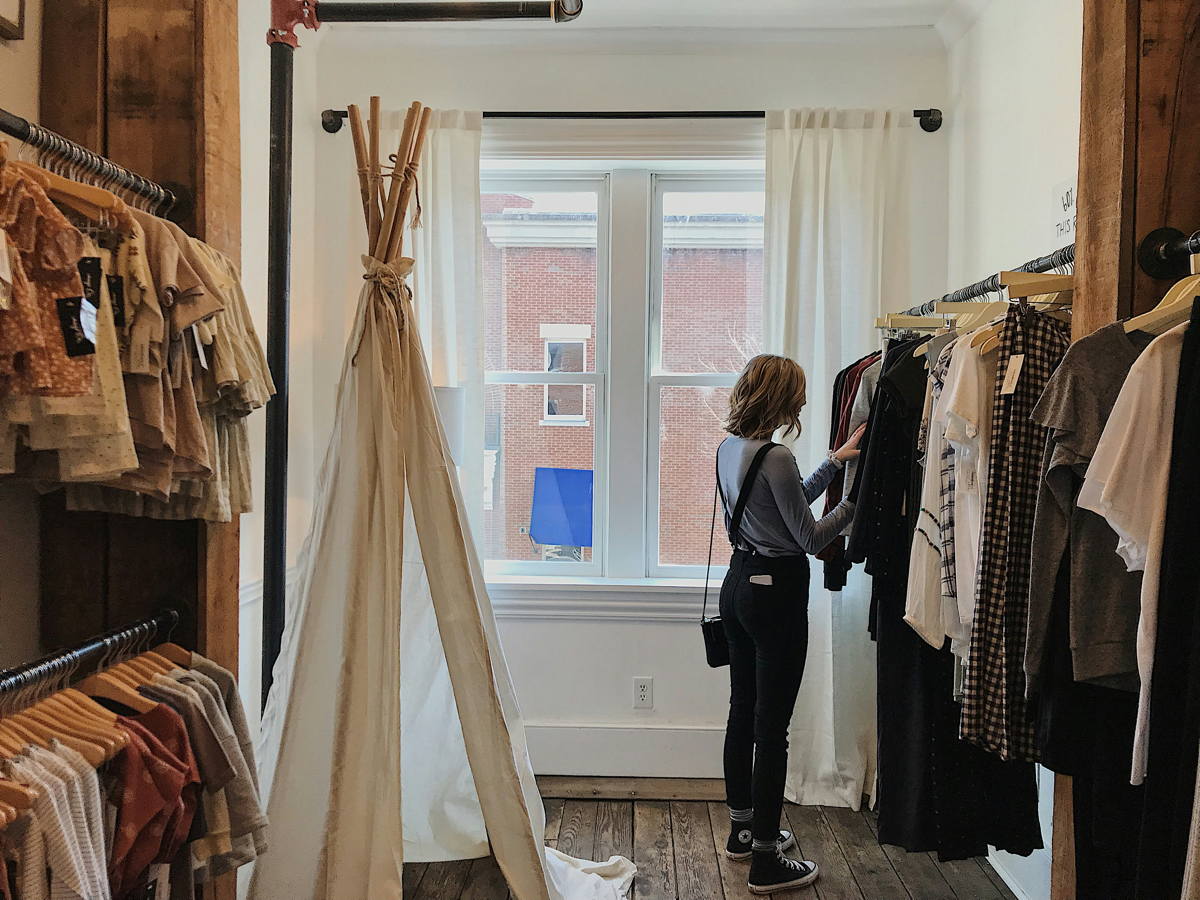
The Sustainable Consumer: Shaping A Greener Future In Fashion
As we peel back the layers of what it means to be a conscious consumer, we uncover shifts beyond eco-friendly fabrics or recyclable packaging –and more about building a new, values-driven relationship with brands. According to Deloitte’s insights, the growing sustainable consumer is changing not only the fashion industry but also the rules for companies in various other industries.
THE “CONSCIOUS BUYING” MINDSET
The core of the sustainable movement is “conscious buying,” in which buyers consider factors like how a product is created in addition to its price and aesthetic appeal. According to Deloitte’s research, customers today demand for sustainable solutions rather than just want them. Companies are realising this and moving from sporadic green product lines to comprehensive changes in marketing, sourcing, and production.
For fashion firms, this includes adopting circular production models that reduce waste, encouraging recycling and making a commitment to supply chain transparency.

THE ‘RESALE REVOLUTION’
Once seen as a niche, secondhand shopping has catapulted into the mainstream, with consumers flocking to preloved marketplaces and charity stores. This ‘resale revolution’ allows fashion lovers to extend the life of garments while exploring unique styles that are often no longer available on shelves. For many, the resale experience offers a sense of exclusivity and a more personal connection to fashion, tapping into a sense of community and shared values.
However, the circular economy is not solely driven by the resale market. More brands, such as Finisterre and Levis are introducing ‘take-back’ policies and garment recycling programs to keep apparel out of landfills. From premium labels to high-street businesses, these efforts are pushing us towards a more circular approach to fashion, in which garments are loved, lived in, and returned to the industry for new purposes rather than being destroyed.
TRANSPARENCY AND TRUST
In the quest for sustainable fashion, trust is emerging as the ultimate currency. According to Deloitte, today’s consumers are more savvy than ever, even able to detect greenwashing or misleading promises from a mile away. They are studying companies, looking at certifications, and relying on third-party verifications to help them make their purchasing decisions.
For brands, the conclusion is clear: honest communication, transparency in sourcing, and operational accountability are not optional –they are a must. It is about building trust by opening the door to consumers and revealing what lies beneath the label. It’s a strategy that not only builds brand loyalty, but also positions brands as true sustainability leaders. Consumers are paying attention to these messages and both valuing and respecting those who are open about their company practices.
WHAT DOES IT MEAN TO BE A SUSTAINABLE CONSUMER?
Being sustainable consumers ourselves, we can relate to the challenges and triumph of navigating this greener path. The sustainable journey is fulfilling, from learning about eco-friendly materials, enjoying little victories like mending rather than replacing, to finding satisfaction in locating high-quality used items.
Our ideals and dedication to the future we are shaping are reflected in every decision we make, from what we wear to how we dispose of it. In a world where consumer decisions have an impact on economies, communities, and ecosystems, every sustainable decision makes a bigger positive change. One purchase at a time, the sustainable consumer is revolutionising fashion and igniting a strong movement that is driving the sector towards a more compassionate, eco-friendly, and thoughtful future.
+ Words:
Aoife Morrall
Luxiders Magazine
+ Highlight Image:
© Korie Cull via Unsplash







